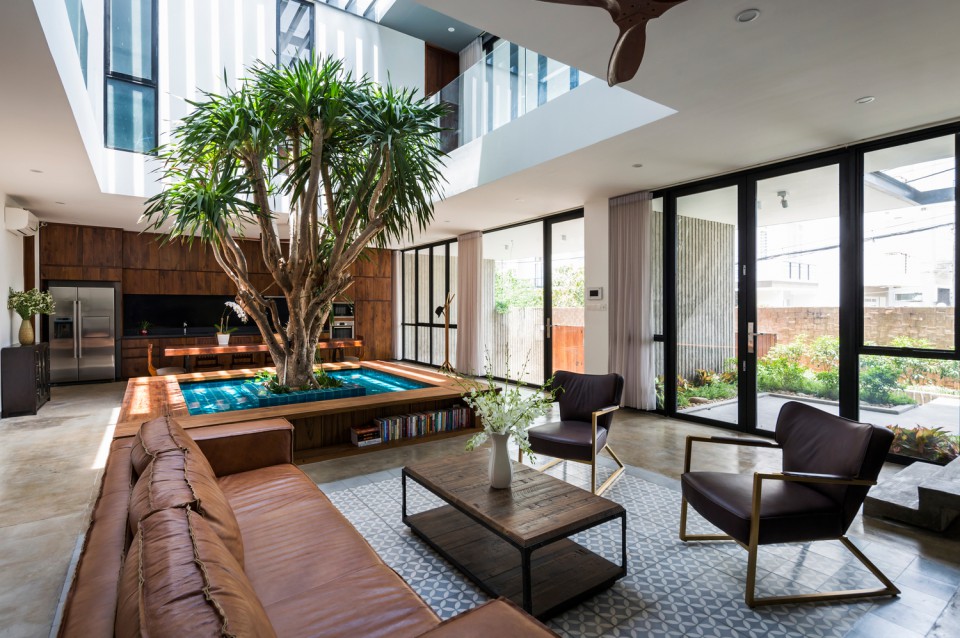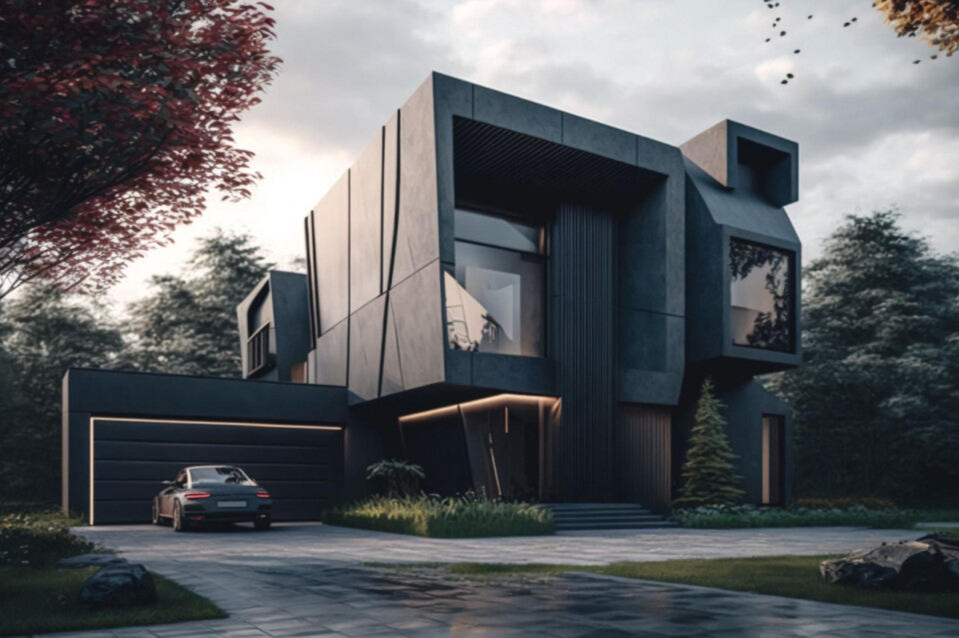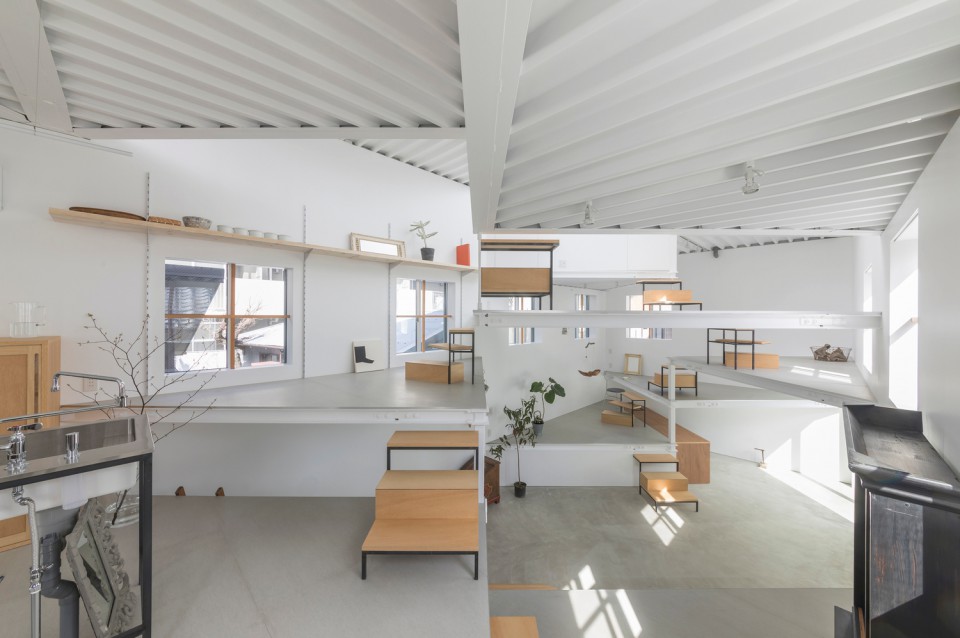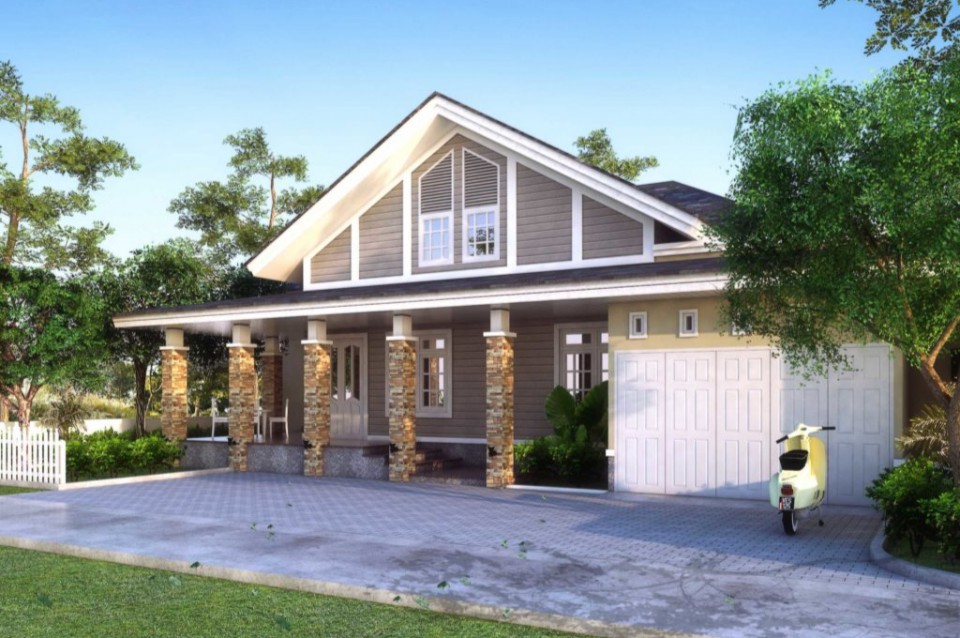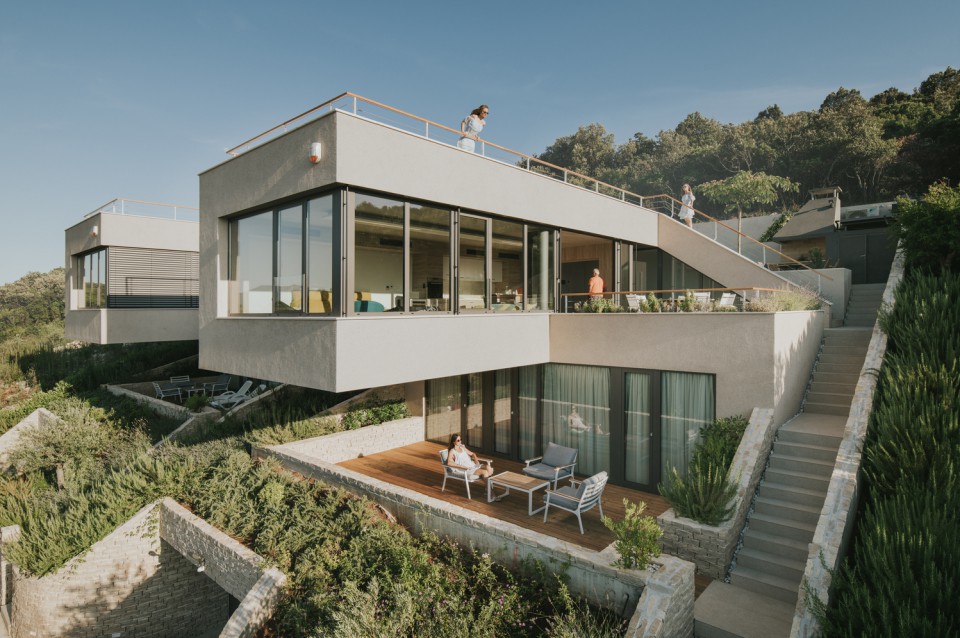Architectural Works Inspired by Nature
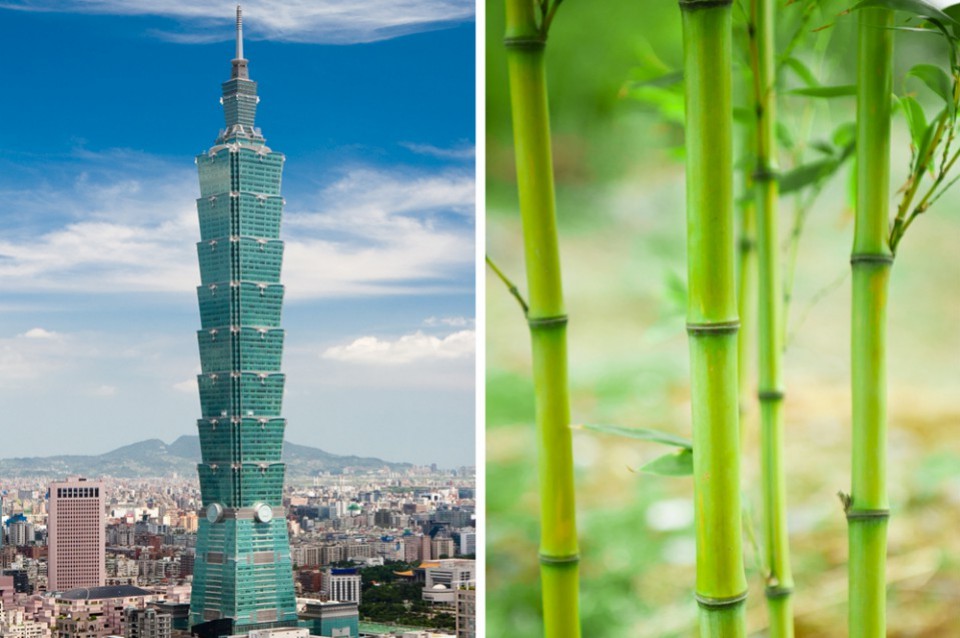
Certainly, when vacationing abroad, we often come across buildings that are highly artistic and considered to have intricate designs. But do you know where their inspiration comes from? Yes, these talented architects draw inspiration from nature, including plants and animals, to create their works. Here are some unique inspirations from nature as architectural creations:
Beijing National Stadium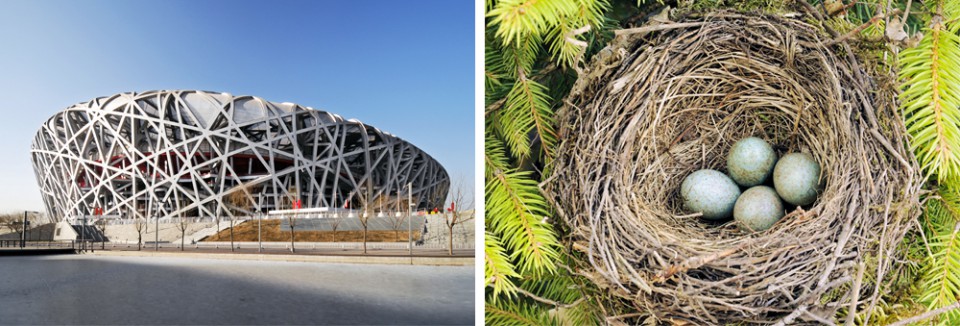
source picture: brilio.net
Known as the Bird's Nest Stadium, it was designed by architects Jacques Herzog and Pierre de Meuron from Herzog & de Meuron, project architect Stefan Marbach, artist Ai Weiwei, and CADG led by chief architect Li Xinggang. The stadium was designed for use during the 2008 Summer Olympics and Paralympics and will be used again in the 2022 Winter Olympics and Paralympics. The Bird's Nest features several large screens installed inside the stadium.
The stadium's floor suffered damage on December 24, 2003, and the stadium officially reopened on June 28, 2008. A shopping center and a hotel were planned to be built to enhance the stadium's usage, as it faced difficulties attracting events such as football after the Olympics.
Aldar Headquarters Building in Abu Dhabi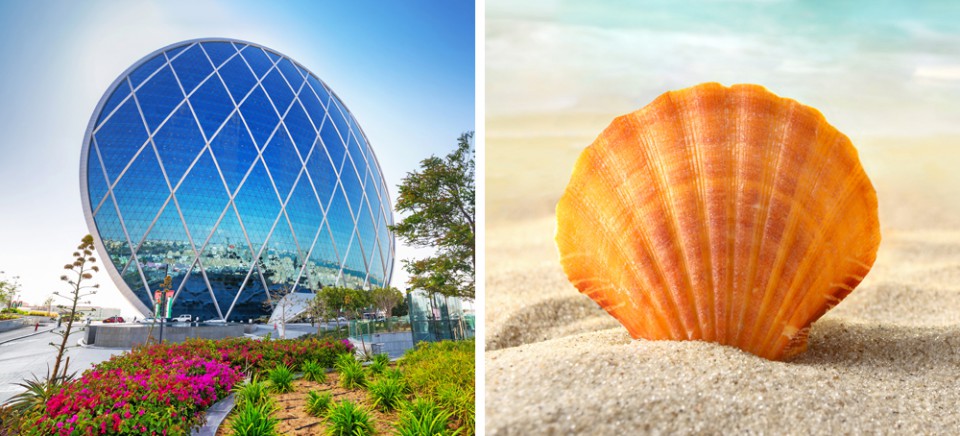
source picture: brilio.net
Inspired by the shell of a clam, this building serves as a commercial office located in Al Raha Beach, Abu Dhabi. It has a roof height of 360 feet and covers an area of 61,900 square meters. MZ Architects designed the Aldar Headquarters, and the contracting company was ALDAR Laing O'Rourke.
Chicago Spire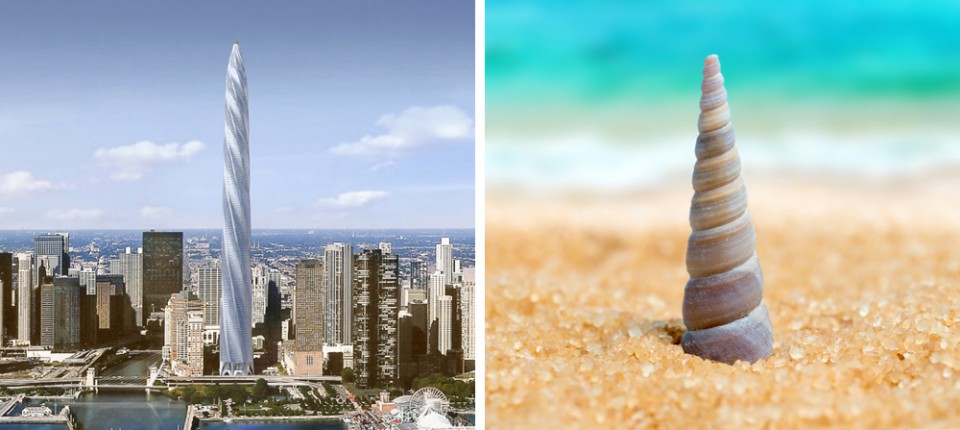
source picture: brilio.net
The Chicago Spire was a super-tall skyscraper project at 400 N. Lake Shore Drive in Chicago, Illinois, which experienced financial failure after the start of construction. Originally proposed as the Fordham Spire in July 2005, it was designed to have 116 stories and would include a hotel and condominiums with an antenna mast above. Designed by Spanish architect Santiago Calatrava, the project was spearheaded by Chicago developer Christopher T. Carley of the Fordham Company. On March 16, 2006, the original design for the building was unanimously approved during a Chicago Commission meeting on that day. A court decision on November 4, 2014, led to the closure of the original development plan, and litigation extended over the project for nine years. Developer Garrett Kelleher signed over the property location to the project's largest creditor, Related Midwest, which announced that they would not be building the Spire.
The Beijing National Aquatics Center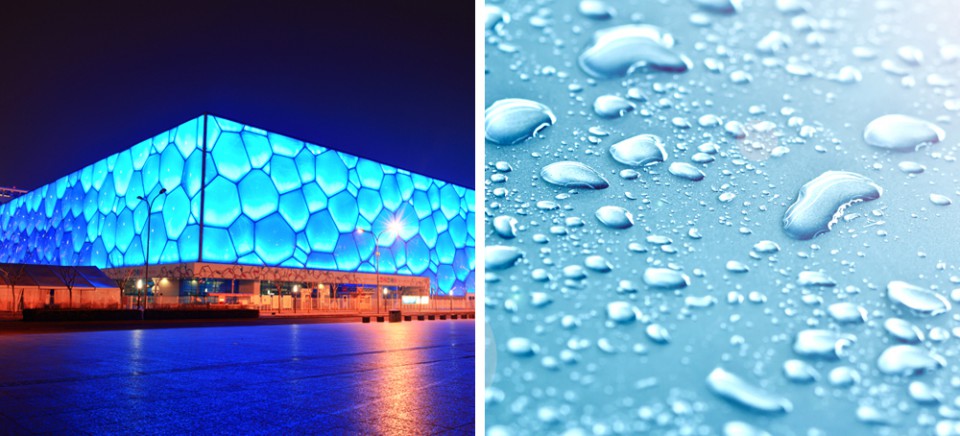
sumber foto: brilio.net
The National Aquatics Centre, known as the Water Cube, is an aquatic center built next to the Beijing National Stadium in the Olympic Green for the swimming competitions of the 2008 Summer Olympics. Despite its nickname, the building is not actually a cube but a cuboid. The ground was broken on December 24, 2003, and the center was completed and handed over for use on January 28, 2008. Swimmers at the Water Cube broke 25 world records during the 2008 Olympics.
After the 2008 Olympics, the building underwent a 200 million yuan transformation to convert half of its interior into a water park. The building officially reopened on August 8, 2010. It will host events in the 2022 Winter Olympics.
Lotus Temple di New Delhi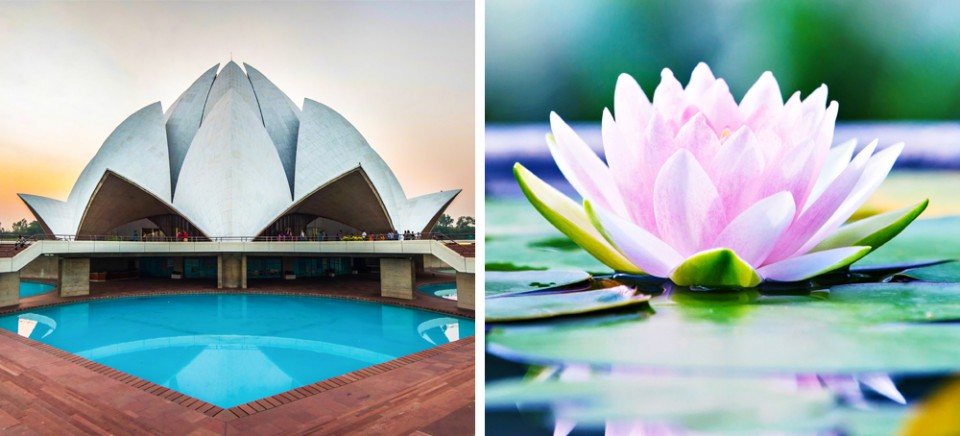
sumber foto: brilio.net
The Lotus Temple, located in Delhi, India, is a Bahá'í House of Worship dedicated in December 1986 at a cost of $10 million. Renowned for its lotus-like shape, it has become a prominent attraction in the city. Like all Bahá'í Houses of Worship, the Lotus Temple is open to all, regardless of religion or any other qualification. The building consists of 27 marble-clad "petals" arranged in groups of three to form nine sides, with nine doors opening into the central hall, which is just over 40 meters high and can accommodate 2,500 people. The Lotus Temple has won numerous architecture awards and has been featured in many newspaper and magazine articles. A CNN report in 2001 referred to it as the most visited building in the world.


